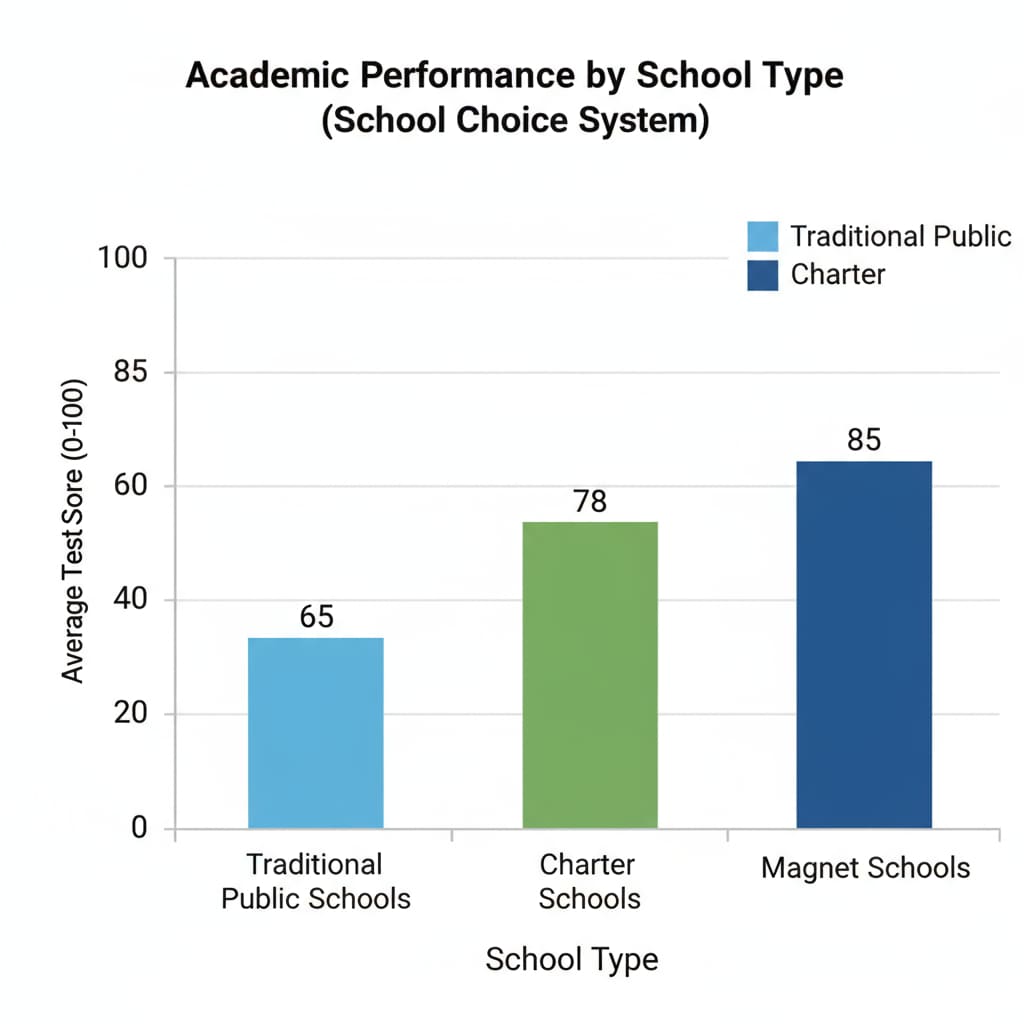The school choice, political controversy, and education policy have long been intertwined in the modern educational landscape. The school choice system, which aims to grant parents greater educational decision-making authority, has emerged as one of the most politically contentious topics in contemporary education. This system allows parents to select the schools they believe are most suitable for their children, breaking away from the traditional model of being assigned to a neighborhood school.

The Core Concept of School Choice
The essence of the school choice system lies in providing parents and students with more educational options. It encompasses various forms, such as charter schools, magnet schools, and voucher programs. Charter schools, for example, are publicly funded but operate independently, often with unique educational philosophies and curricula. Magnet schools attract students by offering specialized programs in areas like science, technology, engineering, and mathematics (STEM) or the arts. Voucher programs, on the other hand, provide parents with public funds to send their children to private schools. These options give families the freedom to choose an educational environment that aligns with their children’s interests and learning needs.
The Root Causes of Political Controversy
The school choice system has become a hotbed of political controversy for several reasons. One major concern is its potential impact on educational equity. Critics argue that school choice may lead to the siphoning of resources from traditional public schools, leaving them underfunded and struggling to provide quality education. Additionally, there are fears that it could exacerbate social and economic segregation in schools. Families with more resources may be better able to take advantage of school choice options, leaving disadvantaged students in less desirable schools. Another point of contention is the role of government in education. Some view school choice as an encroachment on the public education system, while others see it as a means to introduce competition and improve overall educational quality.

On the other hand, proponents of school choice believe that it promotes educational freedom and innovation. By allowing schools to compete for students, they argue, it encourages schools to improve their programs and services. This competition can lead to the development of new teaching methods and educational models, ultimately benefiting students. Moreover, school choice gives parents a voice in their children’s education, enabling them to make decisions that they believe are in the best interests of their kids.
In conclusion, the school choice system represents a complex intersection of educational freedom and equity. The political controversy surrounding it reflects the diverse values and interests within society. As discussions continue, it is essential to find a balance that maximizes the benefits of school choice while ensuring that educational opportunities are accessible and equitable for all students.
Readability guidance: This article uses short paragraphs and lists to summarize key points. Each H2 section provides relevant information in a clear and concise manner. The proportion of passive voice and long sentences is controlled, and transitional words are used throughout to enhance the flow of the article.


